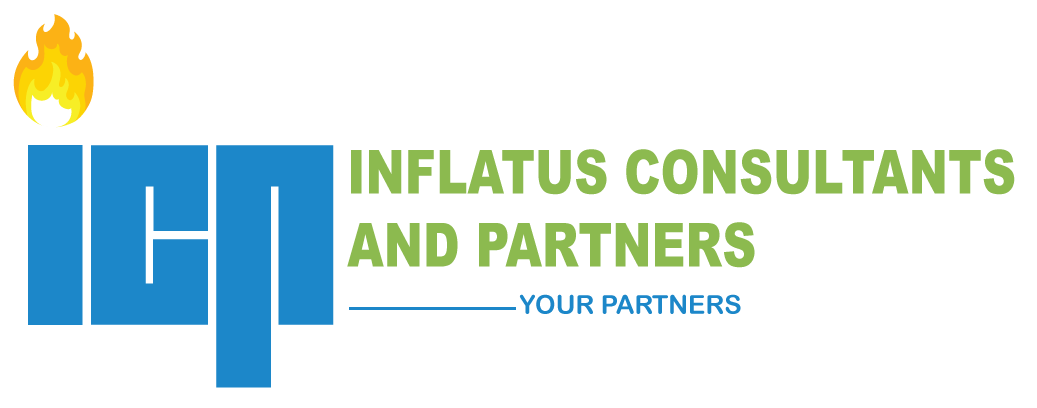STRATEGY FOR EFFECTIVE DELEGATION
Organizations, in their bid to improve performance, increase efficiency and retain their position in the marketplace, have often dumped more and more responsibilities on already overloaded employees. In some cases, restructuring has resulted in one employee having to take on responsibilities previously performed by two or three. Consequently, some have been stretched to the limits, to the detriment of their health and significant relationships. Developing and applying a strategy for Effective delegation might be the only way out.
I remember the case of my colleague in one of the international oil and gas majors. After the restructuring, he was required to cover two operational areas previously covered by 3 or 4 accountants. He worked long hours including weekends and still ended up with poor appraisal.
I also remember the case of a senior leader in one of the oil majors, who was also a senior leader in their church denomination. When I went to invite him for a speaking engagement, I expected to meet a man who was terribly busy, since I already knew his responsibilities both at work and in the church. I was amazed to hear him say that he was not busy apparently because he had a strategy for effective delegation.
But I also know from experience that people have had their fingers burnt because of delegation. I delegated a task to a subordinate and maintained constant follow up. He wouldn’t own up that he could not perform it. I only discovered at the last minute that he could not deliver. And it had to do with my annual goals.
So one must also admit that sometimes you are better off performing the task yourself. But that is if one has all the time.
Now, let us face that fact: for most of us developing and applying a strategy for effective delegation is not just a luxury; it is an existential necessity. The issue is this: How do we delegate effectively?
A key strategy for effective delegation is to schedule your priorities rather than prioritize your schedule. This is a three-step process:
Prioritize what must be done.
Take these two steps to establish priorities:
It says that 20% of your activities deliver 80% of your results. Identify those activities and schedule them.
This is explained in his book The 7 Habits of Highly Effective People. It helps to filter urgent and important activities from others.
Most authors advise to execute the priority items yourself and delegate others. The fundamental assumption, howbeit flawed, is that you have the time to perform all the priority items yourself. Nothing can be farther from the truth!
Prioritize what You must do
Further filtering of the priority items may be required. You can then apply the 3Rs to determine what you need to do yourself and what to delegate. The 3Rs of effective delegation advanced by Dr. John Maxwell, American author, speaker, pastor, and foremost leadership expert, presents a life line. The 3Rs represent:
- Requirement.
First determine what you have to perform personally, that cannot be delegated. They could be specified in the job description. These could include approval of certain categories of expenditure, endorsing specified deliverables or documents, appointments, etc.
Dr. James Scouller, author of The Three Levels of Leadership, insists that one responsibility that leaders cannot afford to delegate is ensuring that there is leadership. In other words, even if a task is to be performed by others, the leader needs to ensure that that responsibility is clearly assigned through effective delegation.
- Returns
Next the leader must determine what yields the greatest return for his effort or return on investment (ROI). We may need to cycle through the first step again. As we progress in our careers, we discover that there are tasks that we excel in, which we performed with utmost efficiency compared to others. We may need to retain such for ourselves.
But if anyone else can perform such tasks to at least 80% efficiency and quality then it should be delegated. We then need to train, coach and mentor the staff to improved efficiency.
- Reward
This has to do with what brings the greatest personal satisfaction, what you enjoy doing. Who says that work cannot be joy?
It is common knowledge that when we do what we enjoy we are likely to be more resourceful and innovative, resulting in increased efficiency.
And if you are doing what you really enjoy doing then you will never work one day in your life!
Delegate
Any activity that does not meet any of these three requirements is a candidate for delegation.
Well, if you are overwhelmed and do not seem to know what to delegate then you may consider the strategy outlined above.



I like the article, it gives insights on how to balance work, results, and satisfaction.
Dear Marcelino,
You are welcome